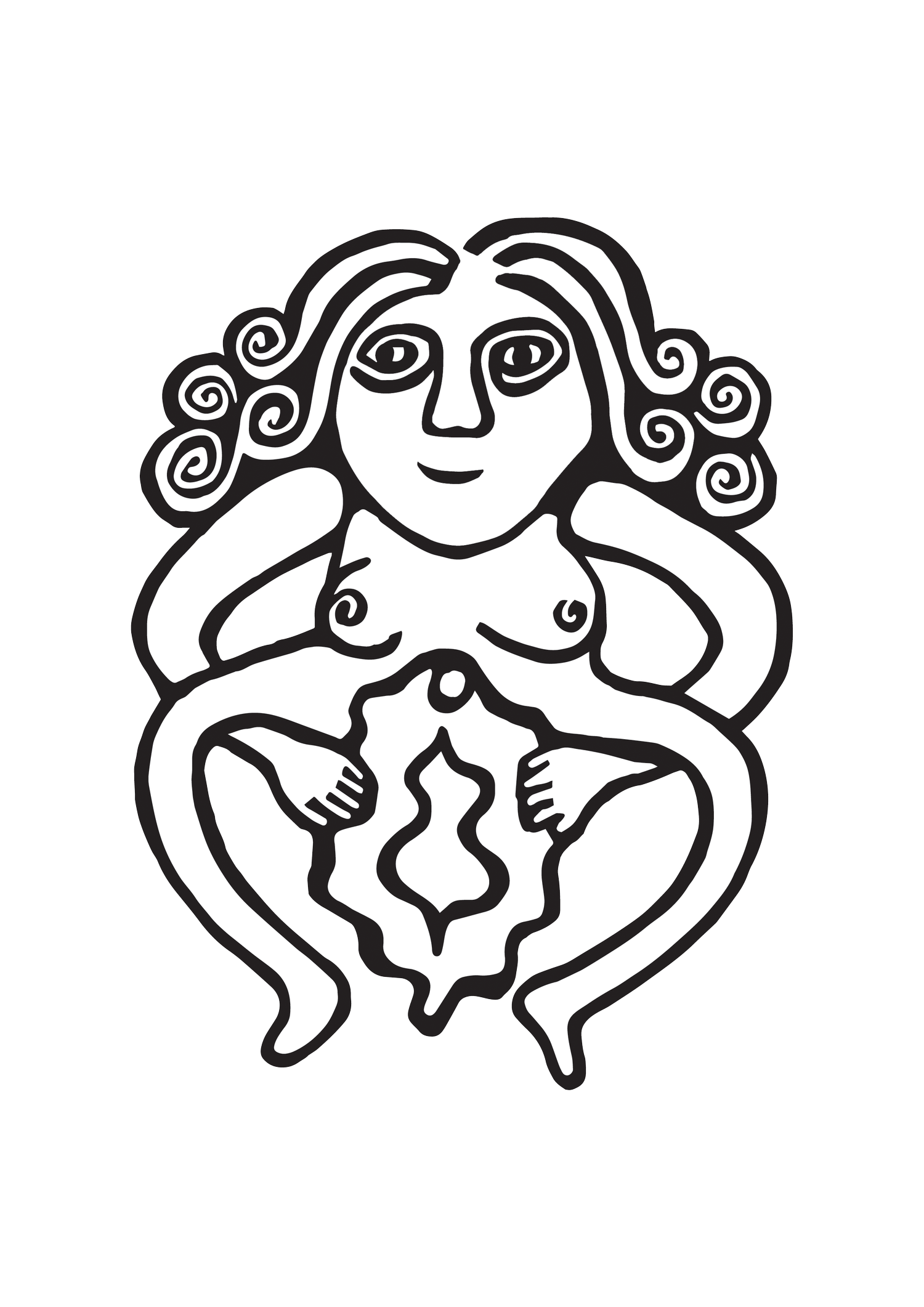2024
7 Irish locations were unveiled in March 2024, alongside an international sheela that appeared in Brussels, Belgium. Read about the meaning behind each location below (under image gallery).
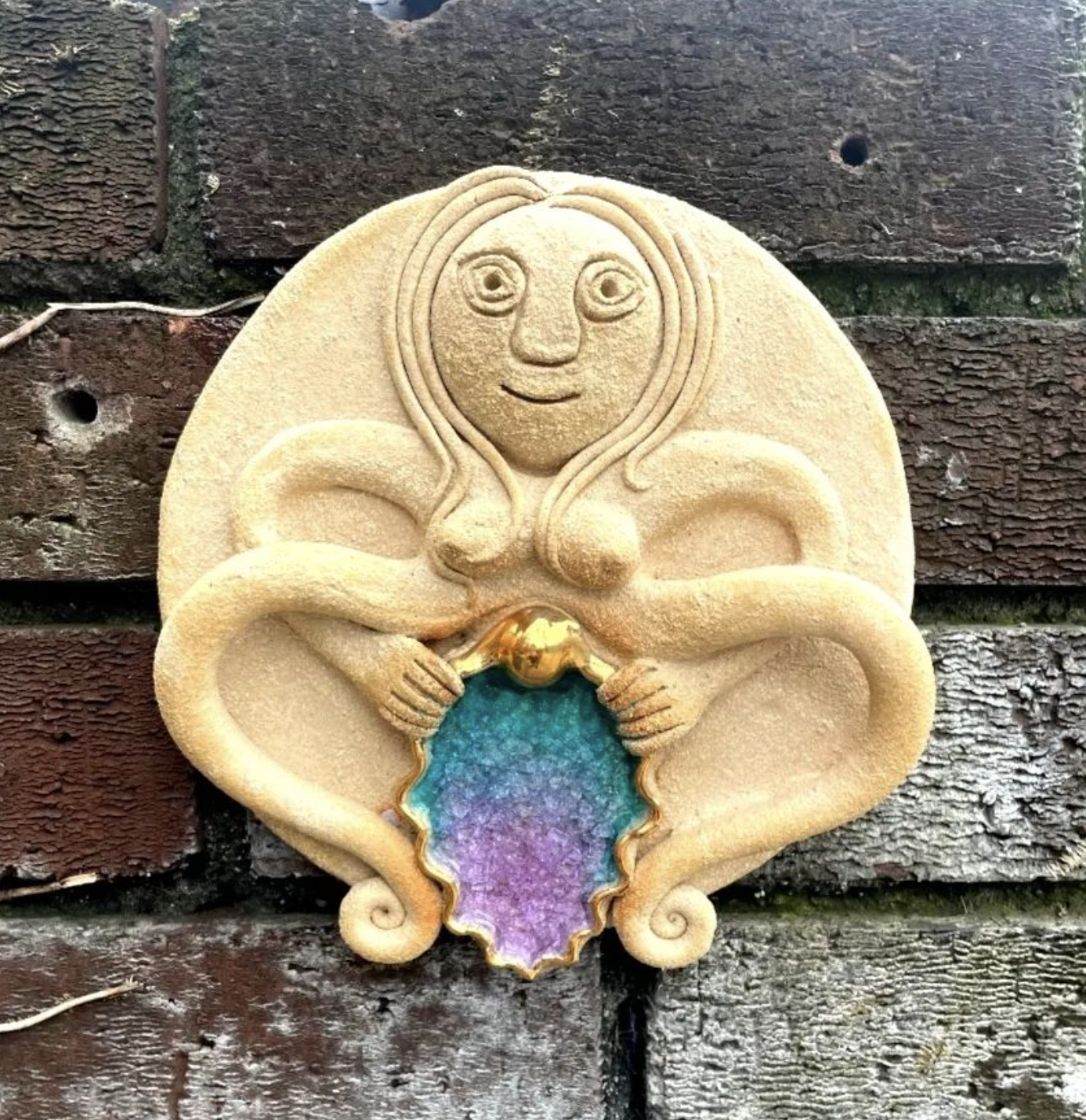
Former Jurys Hotel, Ballsbridge, Dublin

Former Jurys Hotel, Ballsbridge, Dublin
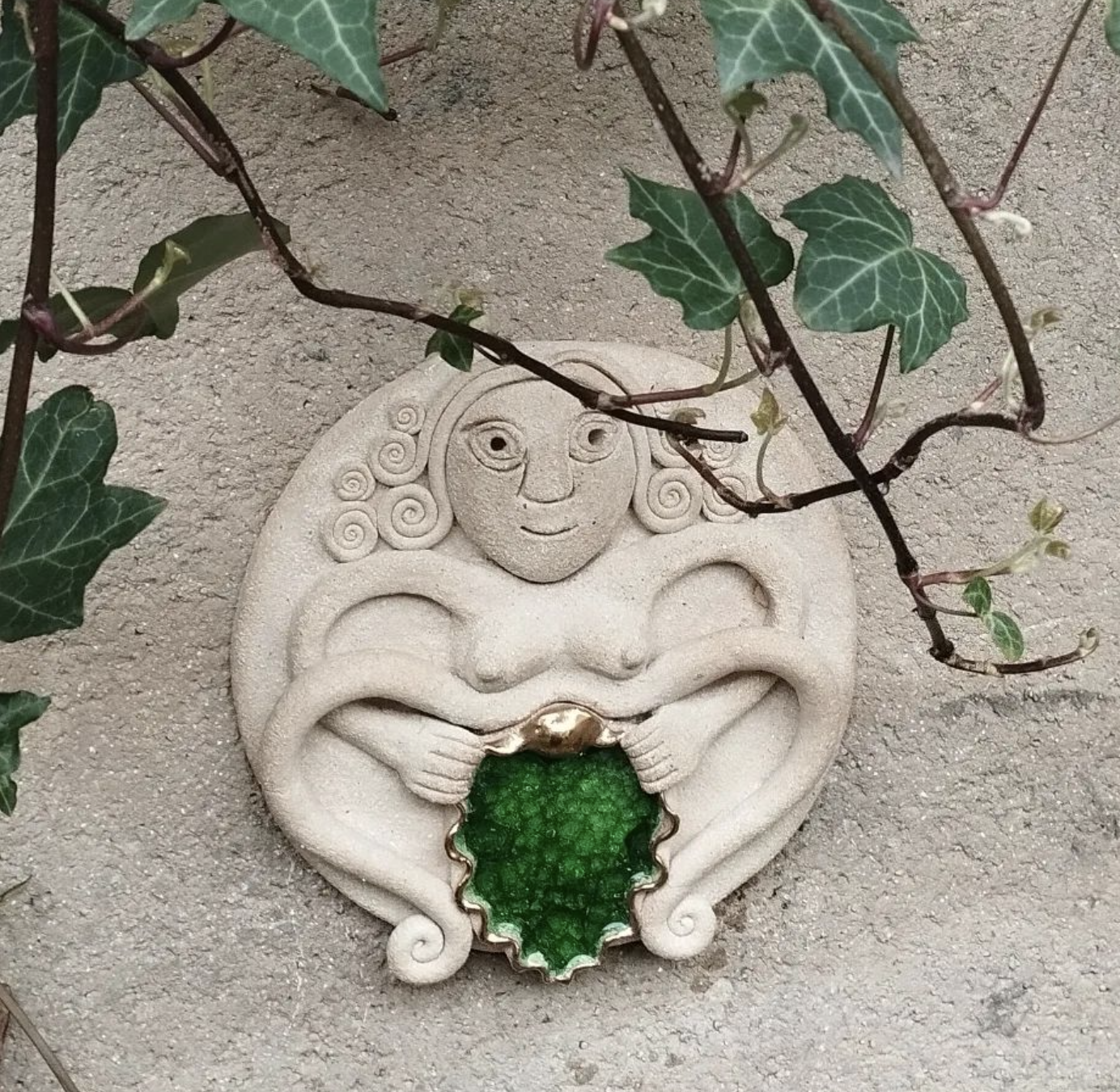
National Museum of Ireland, Collins Barracks, Dublin

National Museum of Ireland, Collins Barracks, Dublin

Bessborough Mother and Baby Home, Bessboro Rd, Blackrock, Cork

Bessborough Mother and Baby Home, Bessboro Rd, Blackrock, Cork

Law Society of Ireland, Dublin
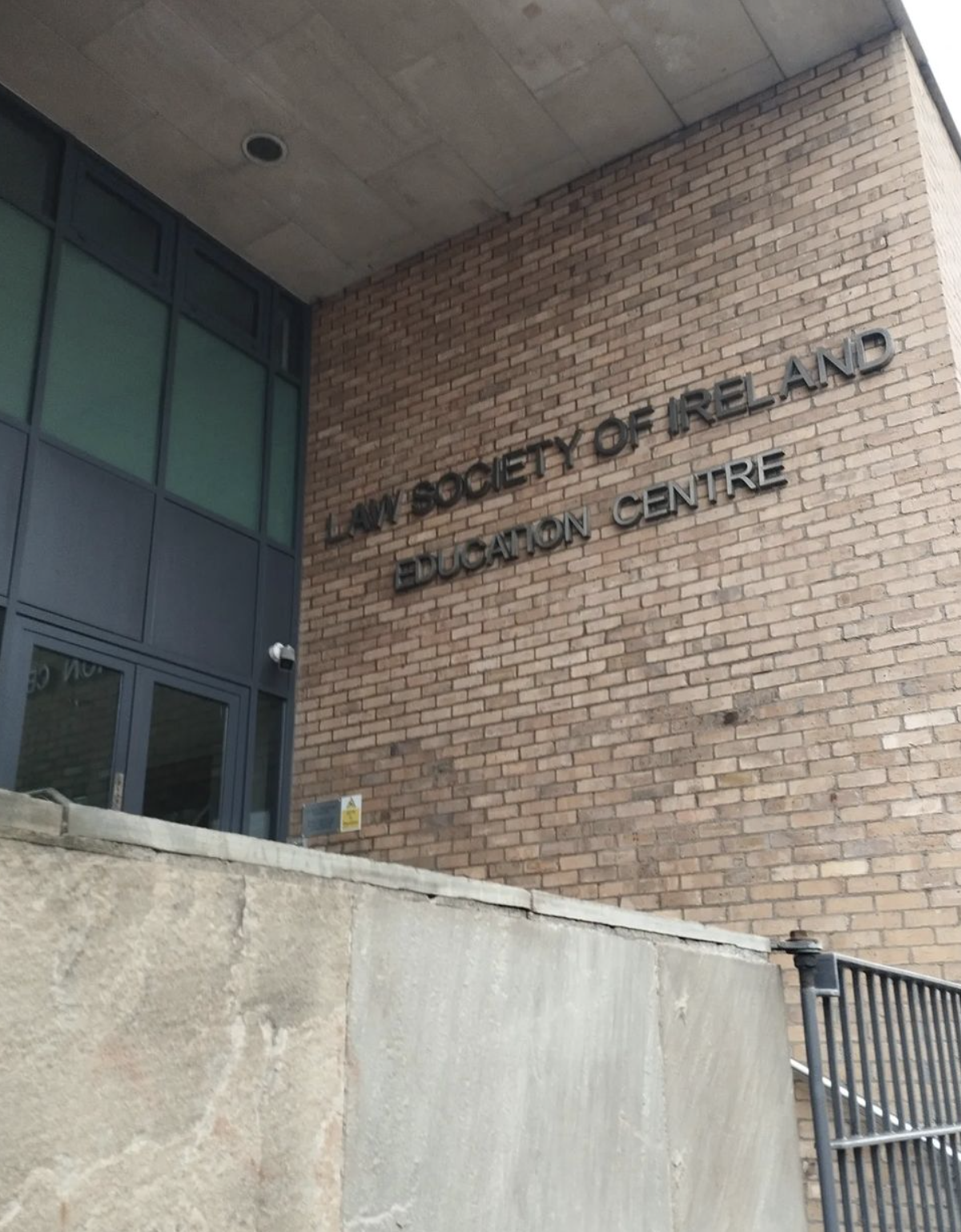
Law Society of Ireland, Dublin
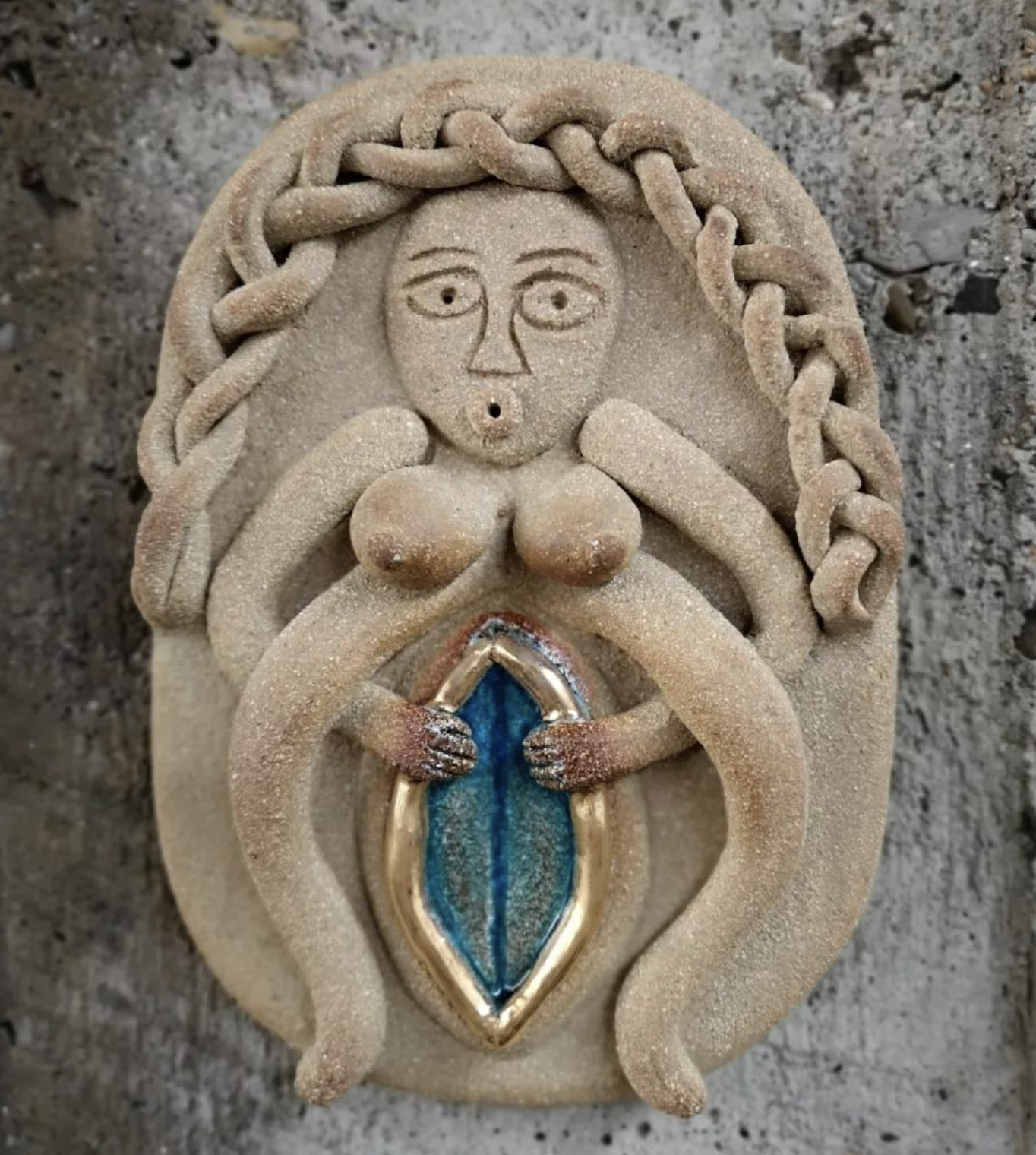
Trinity College Dublin
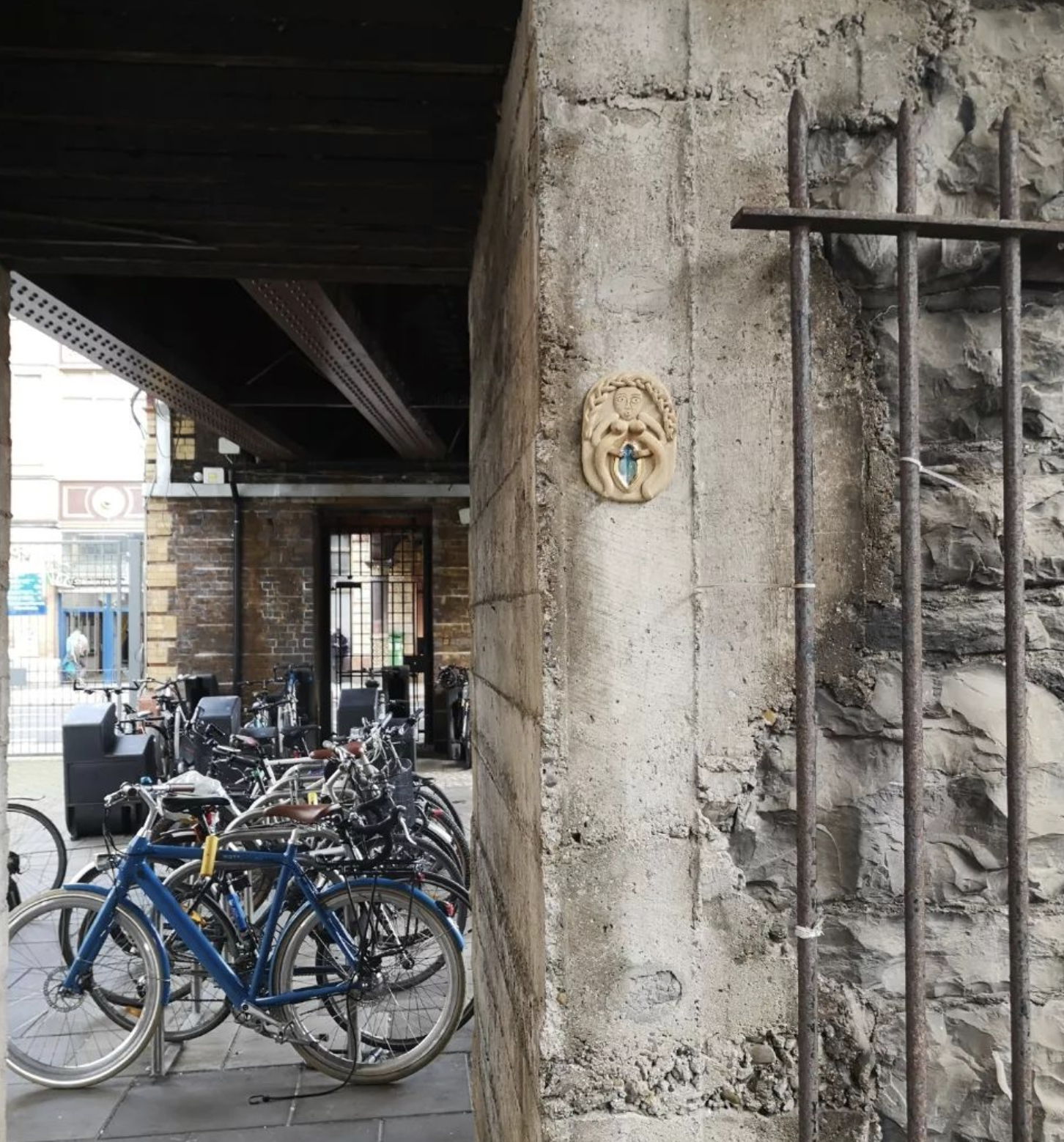
Trinity College Dublin
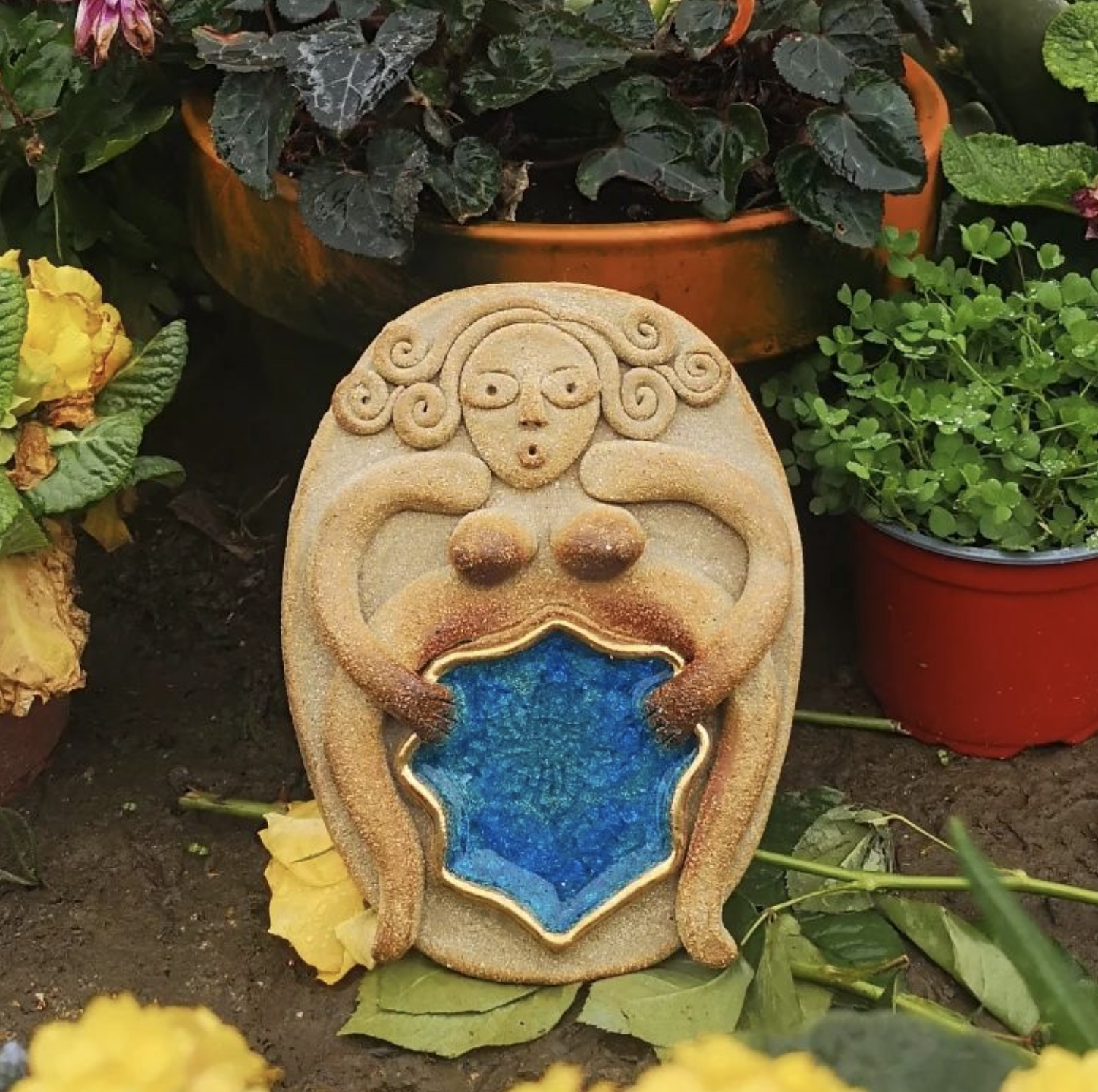
Deansgrange Cemetery, Dublin
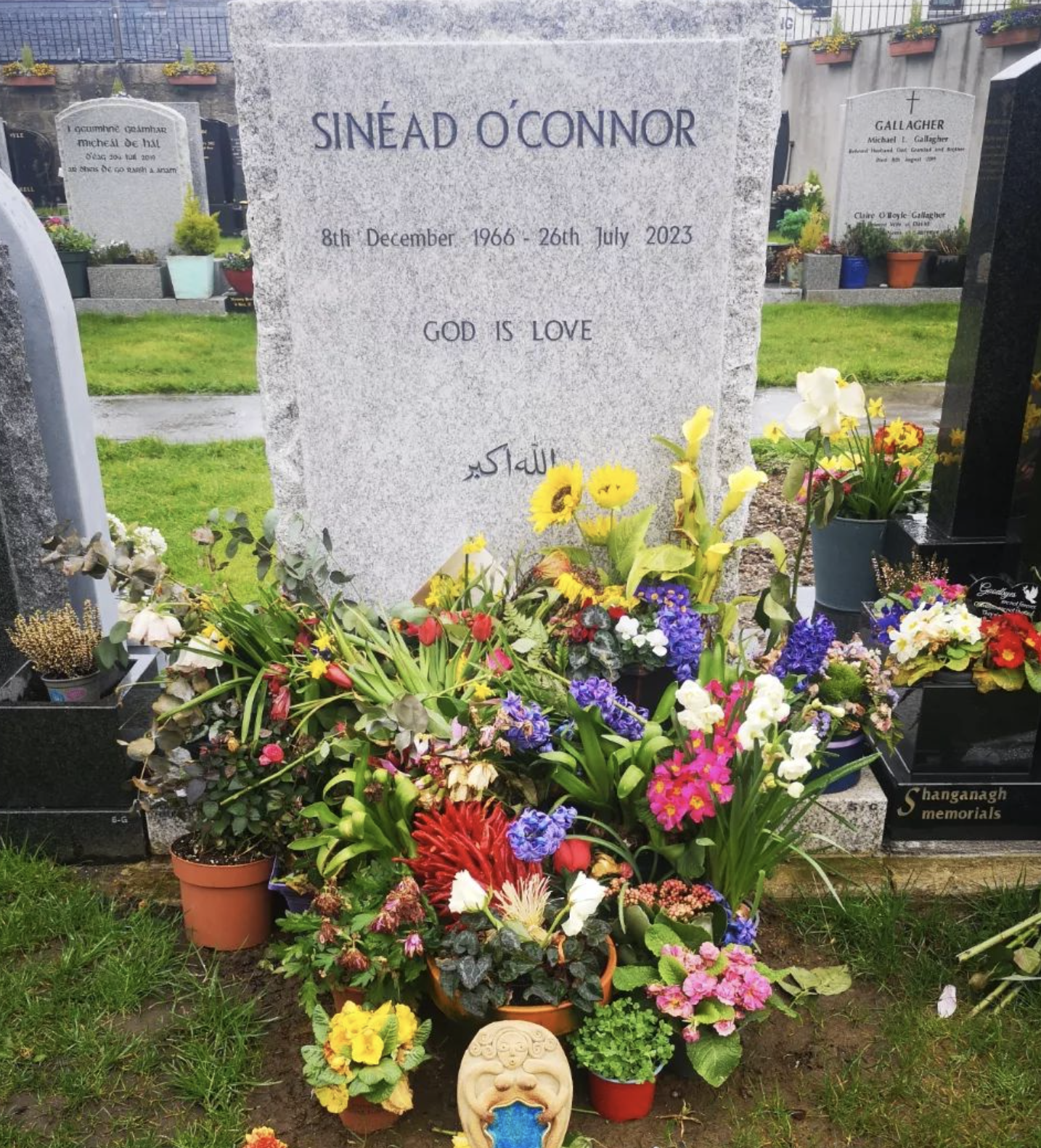
Deansgrange Cemetery, Dublin

European Parliament, Brussels, Belgium
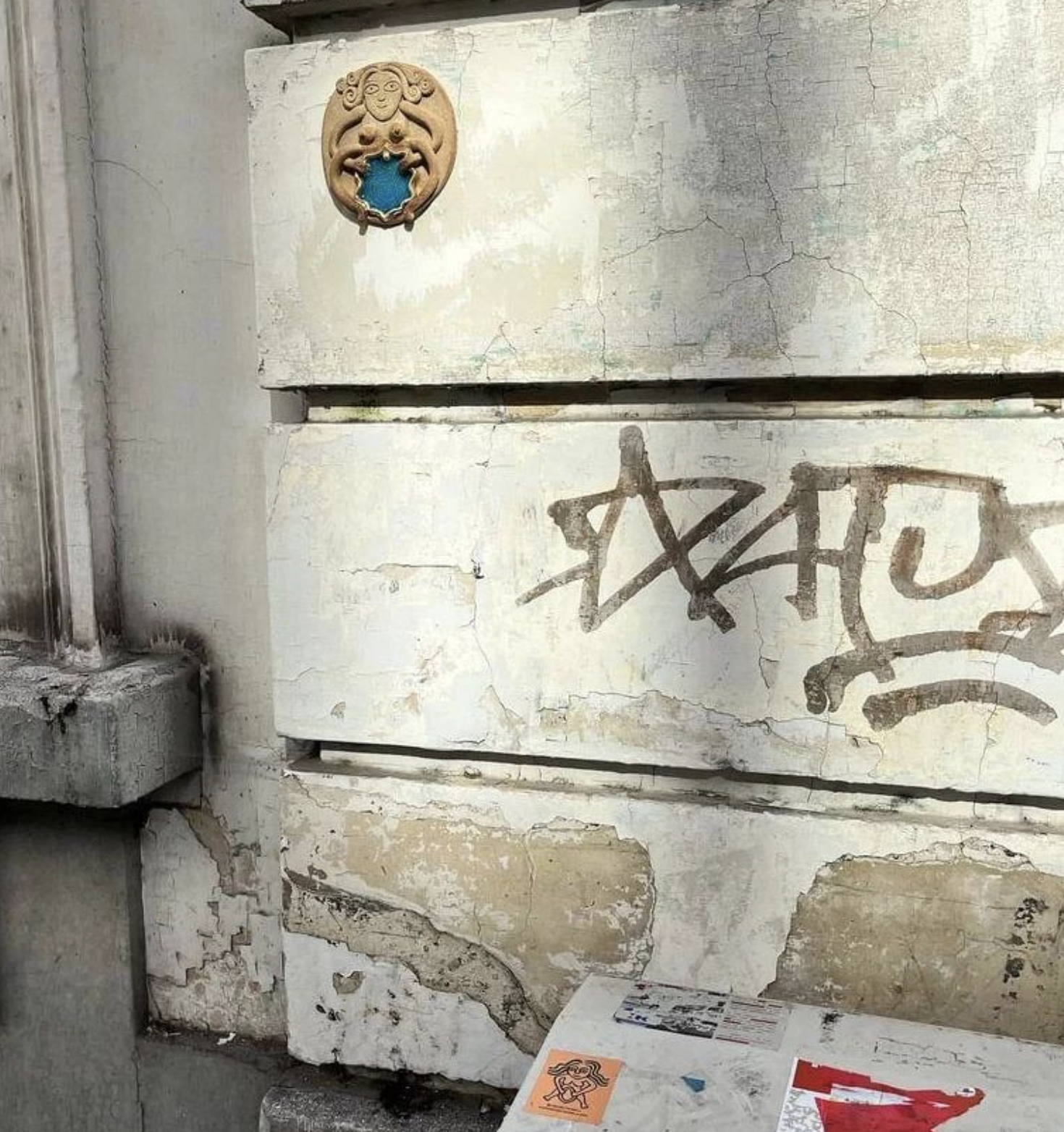
European Parliament, Brussels, Belgium
-
This site has been bought by the US government. They plan to build an expanded American Embassy here to the value of €641 million. Why are we allowing the US to expand their embassy in Ireland, while they are actively involved in an ongoing genocide? The recent Russian application to expand their Dublin embassy was denied by government intervention, proving yet another show of our hypocrisy when it comes to the lives of Palestinians. We as a country need to disentangle ourselves from the US, we need to strengthen local businesses and move away from our reliance on US multinationals. Any military planes landing in Shannon must be searched and inspected to ensure the US is not using our country as a pit stop for transporting arms. We must demand a government that are not lap dogs to the US and the EU.
This Sheela stands in solidarity with the Palestinian people as the state of Israel and the US commit genocide against them using bombs, guns and mass starvation. The US aids and abets Israels war crimes. They literally fund and manufacture the weapons that have killed over 30,000 innocent civilians, two thirds of which are women and children. We will have 6 more locations this week and discuss other topics but we want to stress that nothing going on right now is as horrific and important as the genocide in Gaza. You cannot call yourself a feminist if you do not stand with Palestine. The women of Palestine are losing their lives, their babies, their whole family, their homes, their possessions. They have been forced to flee in search of safety, only to be bombed in locations deemed safe. Women are giving birth with no medical assistance, no pain relief, no medication. Women are seeing their children starve to death. The women of Palestine have been forced to live in tents, using any straps they can find as replacement for period products. Pregnant women have been slaughtered on their way to give birth. The atrocities and war crimes are endless. This has been going on for 5 months and 75 years. Sheela stands against the loss of all innocent lives. Sheela stands against oppression, Sheela stands with Palestine.
-
Eileen Gray, a revolutionary figure in the world of design, was born in 1878 in Enniscorthy, Ireland. Her journey from a small town and humble beginnings in Ireland to international acclaim is a testament to her visionary talent and unwavering commitment to challenging societal norms, in an era when women were often confined to domestic roles.
Gray's upbringing in a conservative society did not deter her from pursuing her passion for design. Against the backdrop of a male-dominated industry, she fearlessly forged her path, defying gender expectations and redefining the boundaries of creativity. She was one of the most influential designers of the 20th Century, yet she did not receive the recognition she deserved...especially from her land of birth.
Gray first studied art at the Slade School in London in 1898, where she was one of the first women to be admitted there, but, unimpressed with its academic stance and stifling atmosphere, she left in 1902 for the more exhilarating and exciting city of Paris where she was to spend most of the rest of her life.
She became a fixture of the early-20th-century Parisian vanguard, and worked there for more than seven decades. She experimented with tubular steel furniture and lacquer screens designed in partnership with Japanese master Seizo Sugawara. She exhibited that work at Jean Désert, a gallery in Paris that she opened under a male pseudonym to deflect the industry’s pervasive sexism, which played a role in her long-delayed reception.
Being an avant garde artist she constantly reacted to new art movements and her individuality and ideas developed in Paris against its vibrant and artistic backdrop. In the world of design hers was a new approach to shape, line, the use of colour, materials and textures; yet the human sensibility of her work continues to inspire designers today.
One of Gray's most significant contributions to design is her exhibition at Collins Barracks in Dublin. This exhibition not only showcases her iconic works but also highlights her pioneering spirit and commitment to innovation. Gray's designs, characterized by clean lines and minimalist aesthetic, challenged traditional notions of femininity and paved the way for future generations of female designers.
Her work challenged the notion that women were only capable of creating decorative or ornamental objects, proving that they could excel in the realm of functional design as well. Despite facing numerous obstacles and experiencing discrimination throughout her career, she remained undeterred.
Sheela wishes to celebrate the outstanding work of EIleen Gray, the unsung modernist designer, and encourages you to view her work in the National Museum of Decorative Arts and History, Dublin, where her spirit can be felt throughout.
-
The redress scheme for survivors of mother and baby institutions is set to open for applications on March 20th 2024, survivors will have 6 months to apply. The scheme excludes people that spent less than 6 months in the institutions as a child. Most of the babies were stolen from their mothers and sold on by the Catholic Church very quickly, this is no secret and proves that the schemes terms attempt to avoid providing compensation to a huge percentage of survivors. It also shows that the government fails to acknowledge the life long effects of the trauma caused by the forced separation of mother and child. This trauma is not made easier by time spent in the institution.
The scheme also does not cater to people who were boarded out as children (a precursor to fostering, where many children were placed in abusive families), people who were subjected to vaccine trials without their knowledge or consent and people who experienced racism or other discrimination in the system. Around 34,000 people will be eligible to apply for redress under the scheme, which is estimated to cost around €800 million. However, it’s estimated that around 24,000 survivors are excluded from the scheme.
TD Holly Cairns put it well when she said "This redress scheme is a deeply disrespectful and insulting response to the unimaginable pain and suffering endured by thousands of people at the hands of the state and church. It's shameful and intentionally inadequate to respond to the scale and magnitude of state sanctioned abuse, violence and injustices perpetuated against girls and women, the victims of rape and insest, disabled people and people of colour. While no amount of money can ever compensate the survivors this is about recognition. About the state fully and completely owning up to its historic past. Instead the government is clearly and loudly declaring that only the trauma of some survivors matter. That only some violations will be recognised."
The amount of compensation that these survivors will get is pathetic and a final act of insult and disrespect from the state. For example a mother who spent up to 3 months in an institution before being separated from her child for life will receive €5000, in exchange for waiving all legal rights against the state. If a survivor competed forced labour in (some not all of) the institutions for between 3-6 months they will receive €1500 compensation. The Sacred Heart Order of Nuns purchased Bessborough House in 1922 and they continue to run it to this day. The mother and baby home operated until 1999!! During those 77 years, 9,768 mothers entered the home and 8,938 children were born or reared there. Of these children, 923 died - and it's feared that as many as 600 babies lie in unmarked graves at the institution. In evidence provided by former residents of Bessborough, it was said by one woman that those who ran the home “were unbelievably cruel and could get away with anything because people in those days put them on a pedestal and believed everything they were told. There was nothing we could do about it.” Most women were aged between 18 and 29, though under 18s accounted for 12.5% of the Mother's. Pregnant children as young as 12 were admitted to Bessborough, with five percent of admissions being under 17 - below the age of consent. The length of stay of the mothers who entered Bessborough varied from one day to 61 years; a woman admitted in 1924 and died 1985, aged 85.
A report into the home’s maternity unit in 1941 described it as “overcrowded and understaffed”. There were no ‘qualified nurses’ employed in the hospital at the time but there were two registered midwives employed. The Sister in charge of the maternity hospital at the time did not have the necessary qualifications for supervising maternity work. At this time the infant mortality rate was 68 percent in the home, and most of the deaths were babies aged 2-3 weeks to 3 months. Sheela stands with the survivors of mother and baby homes and acknowledges their grief and trauma. Sheela forever remembers what happened here at Bessborough and honours ALL survivors.
-
Women at Ireland’s largest law firms are earning up to 61 per cent less than their male colleagues, figures released under Ireland’s gender pay gap reporting law suggest.
These firms made little to no progress on closing the gender pay gap in the first year since mandatory reporting began, according to analysis by Irish Legal News.
ILN reported last year on the headline pay gaps ranging from 40 per cent to 61 per cent at these firms, which were the six largest firms by solicitor numbers in the most recent year for which we have data and are often dubbed the Irish legal sector’s ‘Big Six’.
Several firms appear to have identified that issues relating to maternity and paternity leave, caring responsibilities and unconscious bias contribute to the gender pay gap.
In economic sectors the highest GPG (gender pay gap) The latest EUROSTAT figures show the median gender pay gap for Ireland is 11.3%
Efforts to address the gender pay gap in Ireland include legislative measures, such as the Gender Pay Gap Information Act, 2021, which aims to promote transparency by requiring certain employers to report on their gender pay gaps. Additionally, initiatives focused on promoting gender equality in the workplace, such as unconscious bias training, flexible working arrangements, and initiatives to support women's career progression, can help mitigate the factors contributing to the gender pay gap.
Despite these efforts, achieving gender pay parity requires a concerted and multifaceted approach that addresses the underlying structural and cultural barriers to equality in the workplace. Continued advocacy, education, and policy interventions are essential to closing the gender pay gap in Ireland and promoting greater economic equality between men and women. The gender pay gap reflects and perpetuates systemic inequalities, undermines gender equality, exacerbates poverty and economic hardship, and hinders social and economic progress.
Sheela recognises that closing the gender pay gap is not only a matter of economic justice but also a prerequisite for building a more inclusive, equitable, and prosperous society for all.
Occupational Segregation: Women are often concentrated in lower-paying sectors and occupations compared to men. This occupational segregation can stem from various factors, including historical norms, stereotypes, and societal expectations regarding gender roles.
Part-Time Work: Women are more likely than men to work part-time or in temporary positions, which tend to offer lower wages and fewer opportunities for career advancement.
Unequal Opportunities for Career Progression: Women may face barriers to career advancement, such as implicit bias, lack of mentorship and sponsorship, and limited access to training and development opportunities.
Caregiving Responsibilities: Women still shoulder a disproportionate share of caregiving responsibilities, including childcare and eldercare. Balancing work and caregiving responsibilities can impact women's career trajectories and earnings potential.
Gender Discrimination: Despite legal protections against gender discrimination in the workplace, women may still face unequal treatment, including in hiring, promotion, and pay decisions.
Lack of Transparency: Limited transparency around pay practices can make it difficult to identify and address gender pay gaps within organisations.
-
This sheela honours Dr Noël Browne, Irish politician that served as minister for health from 1948 to 1951, he studied medicine at Trinity. Browne is credited with eradicating Tuberculosis in Ireland, a mission he held dear to his heart having lost both parents & five siblings to the disease. However, it is his attempt to implement the Mother & Child Scheme that in effect brought down the First Inter-Party Government of Taoiseach John Costello in 1951 and remains one of the greatest political controversies in modern Irish history.
Browne came into conflict with the bishops of the Catholic Church and the medical profession over the Mother & Child Scheme. This plan provided free state-funded healthcare for all mothers and children aged under 16, with no means test, a move which was regarded as radical at the time in Ireland.
The Church hierarchy, which controlled many hospitals, vigorously opposed the expansion of "socialised medicine" in the Irish Republic (though they never objected to its provision via the NHS in Northern Ireland). They claimed that the Mother & Child Scheme interfered with parental rights and feared that the provision of non-religious medical advice to mothers would lead to birth control contrary to Catholic teaching. They greatly disliked Browne, seeing him as a "Trinity Catholic" (one who had defied the Church's ruling that the faithful should not attend Trinity).
Under pressure from bishops, the coalition government backed away from the Mother and Child Scheme and forced Browne's resignation as Minister for Health. Browne then embarrassed his opponents by arranging for The Irish Times to publish correspondence between them & the church, which showed who was really in charge.
Imagine the Ireland we would have today had the Mother & Baby Scheme been implemented. Browne is also widely credited as being a progressive force in Ireland who advocated against corporal punishment and apartheid while supporting contraceptives, abortion and the LGBT community.
Sheela thanks Dr Noel Browne for his pioneering work, his bravery & righteous stand against the Churches oppressive obsession with women's bodies.
-
We place this Sheela here to honour Shuhada' Sadaqa our warrior queen. Born Sinéad Marie Bernadette O'Connor in 1966, she was an Irish singer, songwriter, activist, rebel, mother, empath and beautiful soul. Sinéad had integrity and an unwavering moral compass. She didn't worship money or commercial success, she was a true artist.
Sinéad drew attention to issues such as child abuse, human rights, racism, organised religion, and women's rights. During a Saturday Night Live performance in 1992, she tore up a photograph of Pope John Paul II to protest against abuse in the Catholic Church, this sparked backlash from angry Christians, “A lot of people say or think that tearing up the pope’s photo derailed my career,” she wrote in her autobiography. “That’s not how I feel about it. I feel that having a number-one record derailed my career and my tearing the photo put me back on the right track.”
Throughout her musical career, she openly discussed her spiritual journey, activism, socio-political viewpoints, and her experiences with trauma and struggles with mental health. After converting to Islam in 2018, she adopted the name Shuhada' Sadaqa.
At the age of 15 O'Connor was placed in a Magdalene asylum for 18 months for shoplifting and truancy, where she was deeply affected by the suffering she saw there. When executives wanted her to get an abortion at the beginning of her music career, she did a photoshoot in a belly top with “wear a condom” printed on it and proudly displayed her pregnancy bump. She then went on to perform with her newborn sons babygrow tucked into the back pocket of her jeans, a finger up to the industry that wanted to sexualize her. Sinéad did not play their game, she only followed her own path, something we all should live by. Sinéad also stood in solidarity with Palestine and refused to play In Israel.
Sinead sadly left this world 8 months ago. Sheela honours Sinéad life and all she stood for. We will try to channel Sinéads energy, her immense courage, her rebel heart so her spirit lives on.
She is forever in our hearts.
Rest in Power
-
In February 2024, the European Parliament agreed on a first-ever EU law on violence against women and domestic violence. The new law lays down minimum rules concerning the definition of specific criminal offences and penalties to address this form of violence. It also sets out rights of victims of all forms of violence against women or domestic violence, and provides for their protection.
This Directive focuses on three crucial areas: prevention, protection and prosecution. It aims to:
~Impose minimum standards in EU law in terms of criminalising certain forms of gender-based violence.
~Improve access to justice, protection and support for victims.
~Ensure coordination between relevant services and prevent these types of crimes.
The Directive criminalises female genital mutilation and cyber violence, which includes non-consensual sharing of intimate images, cyber stalking, cyber harassment and cyber incitement to violence or hatred. The legislation included establishing a common definition of rape in Europe based on lack of consent. This would make rape an 'EU Crime' and would harmonise criminal penalties between the 27 Member States.
However, Member States such as France and Germany disagree with the consent-based definition of rape. In France, rape is defined as a sexual act committed against a person under threat, coercion, surprise or violence. While a growing number of EU Member States, including Belgium, Spain and Ireland include consent in their criminal laws regarding rape, the majority of EU Member States still do not.
Sheela welcomes certain aspects of the new Directive, recognising the positive strides towards addressing gender-based violence against women in the EU. However, the member states could not agree on a consent based definition of rape and so this was left out which is deeply troubling. Dublin MEP Frances Fitzgerald, who led negotiations on behalf of the European Parliament, welcomed the agreement describing it as a "beginning not an end".
However, she expressed disappointment regarding the exclusion of a definition of rape, based on a person not giving consent.
Irish law around rape is already based on a person not giving consent. However, it was hoped that the directive could harmonise rules across the EU, as some countries include the use of force in their definition.
A significant EU wide study found that “one in 10 women has experienced some form of sexual violence since the age of 15, and one in 20 has been raped”. France, Germany and the Netherlands voted against the inclusion of a definition along with Poland, Hungary, Malta, Czechia, Estonia, Bulgaria and Slovakia.
The exclusion of rape sends a signal to victims and survivors across Europe that it is not a political priority. The heads of state who make up the European Council decided that including rape was negotiable and unnecessary. Its omission goes further than a missed opportunity, it sends a very disheartening message to all victims of sexual violence right across the EU.
